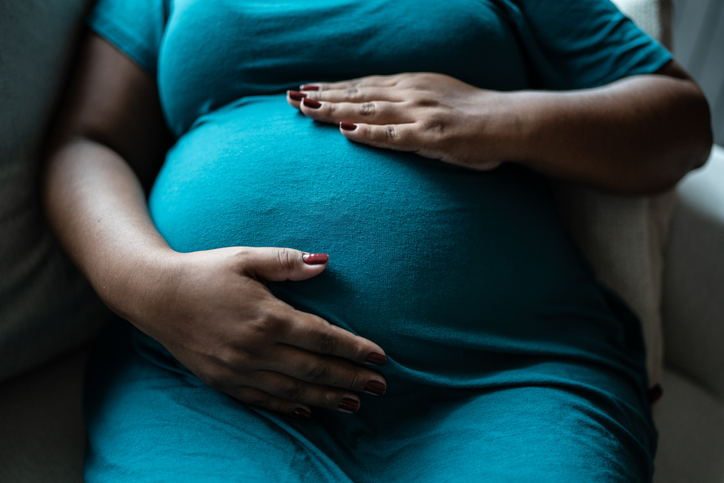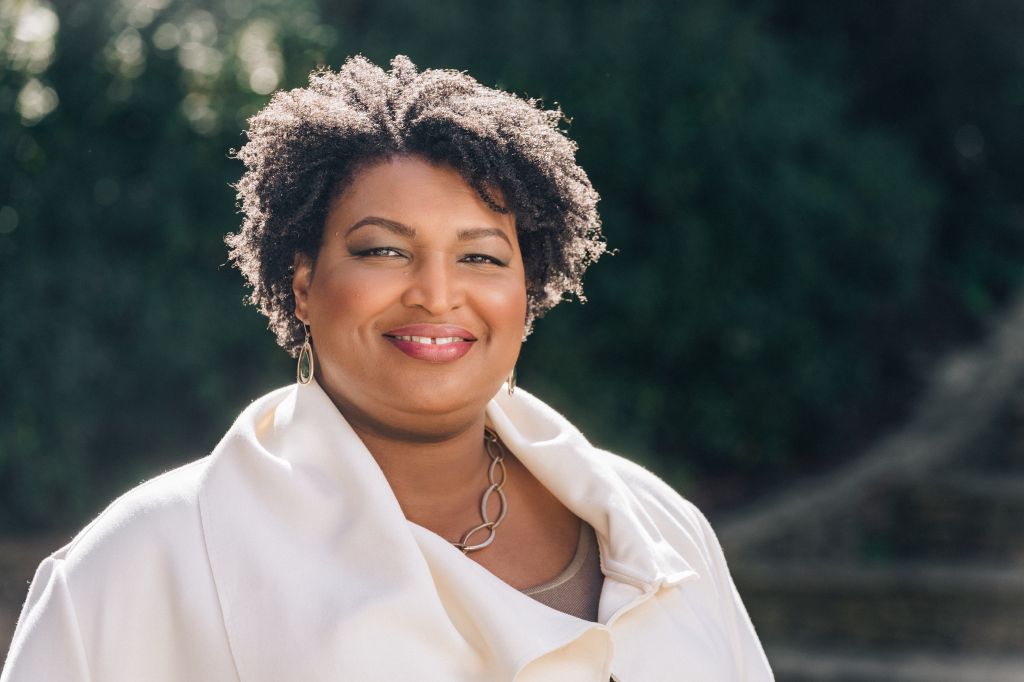
Source: FG Trade / Getty
On June 24, the Supreme Court voted to overturn Roe v. Wade, giving individual states the power to decide whether to provide crucial access to abortion services. Now that we are officially entering the post-Roe United States, the consequences could have a devastating impact on Black women.
According to the CDC, Black women are nearly three times more likely to die from pregnancy-related complications than white women. The glaring health disparity has been exacerbated due to a number of issues. Black women have a higher risk of developing pregnancy and postpartum complications like pre-eclampsia, a potentially dangerous form of high blood pressure that can lead to serious, even fatal, complications for mothers and their babies.
Chronic diseases associated with increased risk for pregnancy-related mortality like hypertension are more prevalent among Black women. Couple that with the stress of carrying a child, and the ramifications can be life-threatening.
Forcing women to carry a child under these circumstances is frightening, especially due to the health care system’s history of racism and implicit bias against Black women. Their health concerns are often ignored and dismissed while seeking care and intervention leading to critical misdiagnosis and treatment decisions that may have an adverse outcome during pregnancy. The Nation Library of Medicine notes, that this could be due to “the weathering hypothesis,” which is the theory that chronic exposure to social and economic disadvantages like inadequate health resources and unemployment can accelerate the decline of an individual’s physical health, affecting their ability to have a safe and healthy pregnancy.
A 2021 study published by Demography predicted that the abortion ban could potentially lead to a 33 percent increase in pregnancy-related deaths among Black women nationwide and a 21 percent increase among women overall. Now that the Roe has been overturned, many women will effectively be forced to endure difficult pregnancies against their free will.
26 states are expected to ban abortion outright or during the early stages of pregnancy, according to recent data published by the Guttmacher Institute. However, abortion care will continue to be available in 16 states. Among those states are New York, North Carolina, and California. Alternatives like the abortion pill will be readily available to individuals in need, but lawmakers are quickly working to restrict access to the medication. Additionally, states that had trigger-bans in places such as Idaho, Utah, or Tennesee will either immediately ban abortion or severely limit access to the procedure “after a 30-day waiting period,” according to NPR.
SEE ALSO:
New Study Finds Increased Risk Of Breast Cancer In Black Women Exposed To Parabens
Racism And Fear Are Forcing More Black Women To Give Birth Outside Of Hospitals

